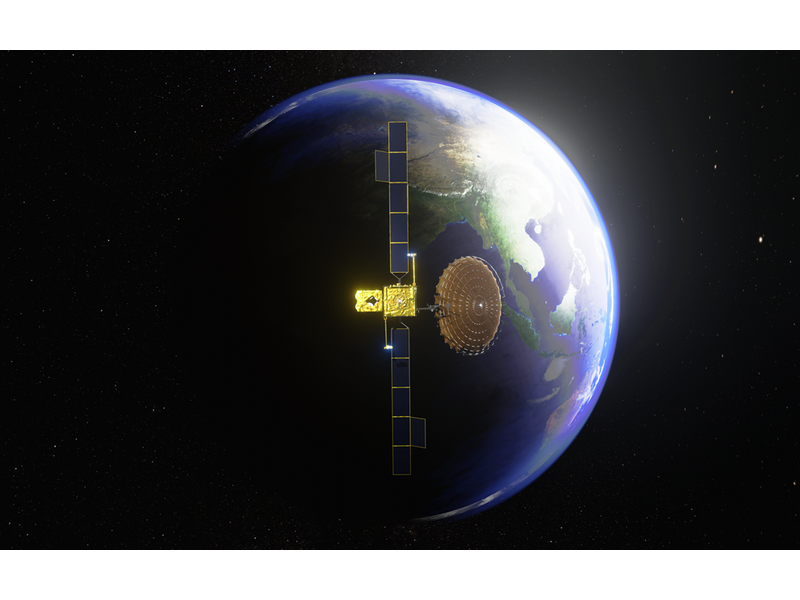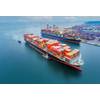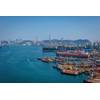Inmarsat: Number of Distress Calls Remains High
Tankers transmitted the most distress calls in 2022, according to Inmarsat’s new report: The Future of Maritime Safety Report 2023.
Inmarsat GMDSS data indicates that tanker distress incidents have risen steadily over the past five years from 80 distress calls in 2018, through 134 in 2021 to its highest peak so far in 2022 at 160. However, the cause for this remains unclear. “Whilst the gradual increase could potentially be linked to the overall increase in the global fleet during the same period, it seems likely that other factors are at play,” states the report. “It could be that the strong safety culture and reporting mechanisms in this sector are creating the false impression that tankers are prone to significantly higher rates of distress incidents than other vessel types.”

Bulk carriers were responsible for 91 GMDSS calls in 2022, ranking second after tankers in the list of calls received by vessel type and third highest by rate of calls (0.73%) after tankers and container ships.
The total number of distress calls from ships at sea remains high (810 per year over a four-year average), despite a continuing decline in vessel losses.
To improve standards and reduce the human, environmental and financial impact of marine casualties, the report calls for cooperation and collaboration built on solid data and the collective desire to manage risk to the lowest practicable level.
Current risk levels need not be accepted. Safety data and reports can be used to proactively tackle the root causes of repeated and well-known safety issues to reduce incidence rates, rather than just to monitor trends and improve incident response.
Anonymising incident and casualty data can overcome prevailing unwillingness to share data, due to commercial sensitivities, and consensus is required on a list of standard data points shipping wishes to monitor including, maritime casualties and incidents, injuries or deaths at sea, and near misses.
Related News


